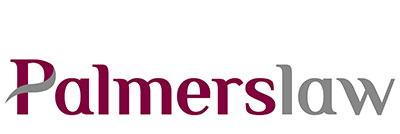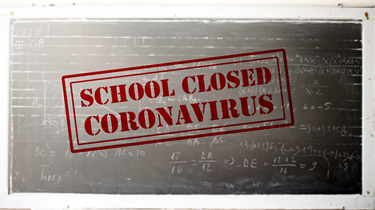An academy trust is to be broken up following a “breakdown in trust” between its central operation and local governors.
The Learning Link Multi-Academy Trust had previously been warned that a failure to deal with serious operating concerns would result in a number of its schools being rebrokered.
Regional schools commissioner for the West Midlands, Andrew Warren, recently informed the trust that a decision to seek new sponsors had been taken.
His report stated: “I am of the opinion that the trust has failed to take sufficient action to address my concerns fully and I do not believe the trust has the capacity to secure the necessary improvements.
The Schools Commissioner intervened after four schools within the Trust raised formal concerns that they had no confidence in either the trustees or acting chief executive.
As a result, the trust was ordered to appoint additional trustees from a list of “academy ambassadors and/or other turnaround consultants” and appoint three additional members.
It was also asked to confirm plans for “the permanent leadership of the trust”.
Additionally, at the start of 2020, the trust had been issued with a financial notice to improve.
Although two of the schools that had raised concerns, later confirmed votes of confidence in the trust, one of the schools still unanimously voted that it had no confidence and two schools requested to leave the MAT.
Mr Warren concluded that “there remains a breakdown in trust between those who are leading the academies within the trust and the trust board”.
Palmers Partner, BJ Chong, said: “A key aspect for schools wishing to either become academies for the first time or seek new sponsorship and for existing trusts looking to grow their MAT, is due diligence.
“Trustees, CEOs and senior school leaders need to be fully aware of any potential issues which may make for a less than harmonious partnership and this includes the legal implications of any issues which arise from the due diligence process so that a view can be taken as early as possible.
“Although due diligence can be lengthy, it is critical to ensure that there are no unpleasant surprises which could jeopardise the success of all concerned.
“Where an existing MAT is not working as harmoniously as it should and a school wishes to break away and seek new sponsorship, it is equally important to seek legal advice at an early stage to ensure that rebrokering is handled correctly.”
For help and advice on all aspects of due diligence, please contact us.







